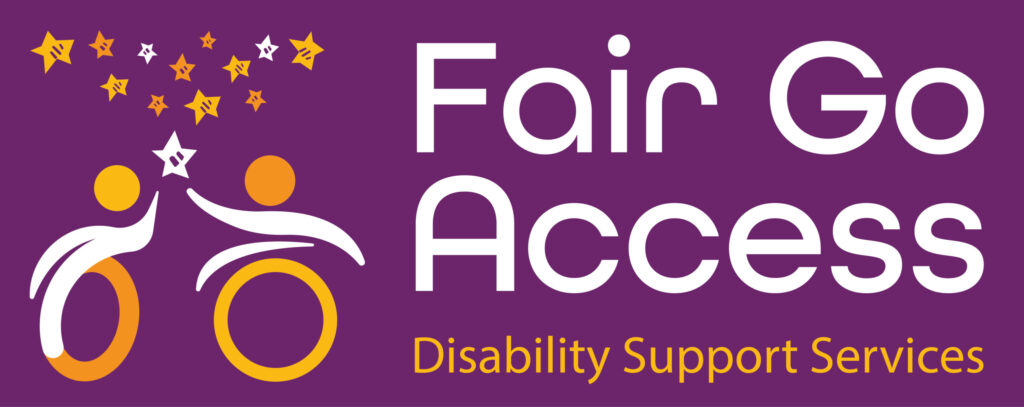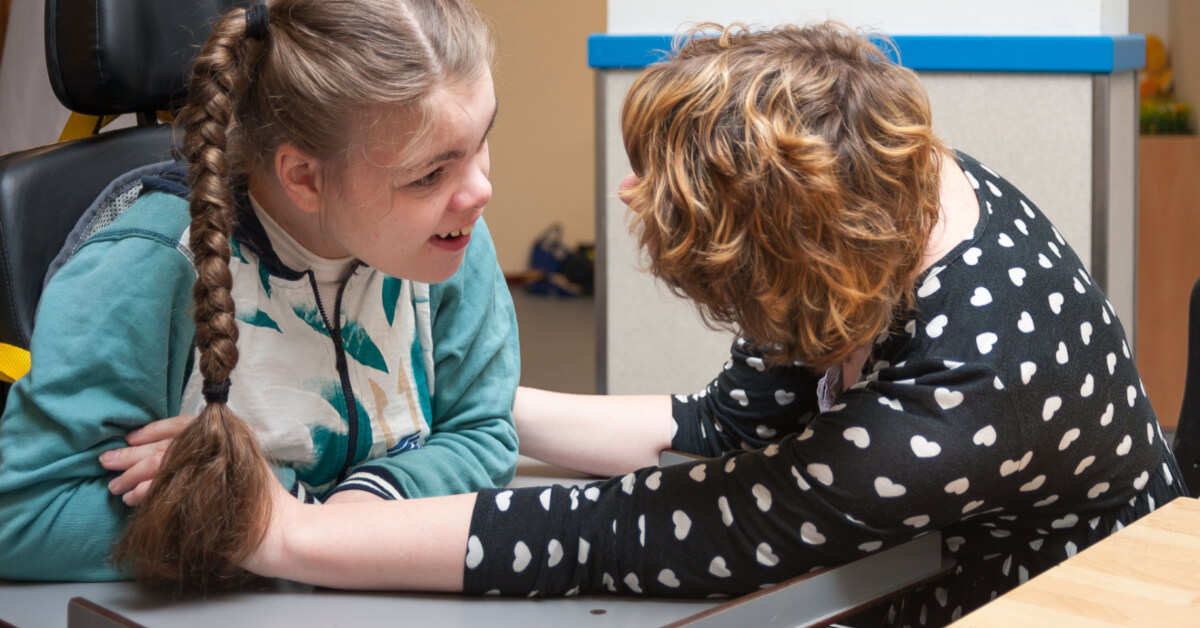Enteral feeding is life-changing for people with a health condition that makes it difficult, if not impossible, to swallow food by mouth. Also known as tube feeding, enteral feeding is an important source of nutrition for people with special needs, and Fair Go Access is here to help with this process. Let’s take a closer look at the purpose of enteral feeding and how tube feeding works.
Tube Feeding Support for Children with Disabilities
There are many different reasons why tube feeding is required, including disability, illness and injury. Enteral feeding uses a tube system to deliver food to the gastrointestinal (GI) tract, made up of the mouth, oesophagus, stomach and intestines. Tube feeding formulas provide adequate nutrition and promote a healthy GI tract, whether used as the entire diet or as a supplementary source of nutrients.
Meeting Nutritional Needs Through Tube Feeding Formulas
Some health conditions require enteral feeding from birth, while others develop over time. When someone cannot physically consume enough calories to meet their dietary requirements, they will need enteral feeding. Developmental disabilities and physical conditions make it challenging for many people to safely swallow food, putting them at risk of malnourishment if they can’t eat. Enteral feeding offers a safe, effective alternative to support healthy nutrition for people of all ages.
Common Reasons Why Enteral Feeding is Needed
Tube feeding may be required either temporarily or permanently due to a variety of health-related reasons. Here are some of the most common health conditions requiring enteral feeding:
- Stroke, which often leads to impaired swallowing
- Cancer, as common side effects like nausea, vomiting and fatigue make it harder to eat
- Developmental delays in infants or young children, including babies who don’t thrive after birth
- Serious illness that causes a state of stress, impeding the body’s ability to absorb nutrients
- Movement disorders or neurological conditions that require higher calories and make it more difficult to eat
- Critical injury or illness, such as GI dysfunction or disease that may need IV nutrition
Access Support for Children with Disabilities in Geelong
Fair Go Access has qualified service providers to help with tube feeding and special needs resources across Geelong. Get in touch with us today to discuss support for children with disabilities.









